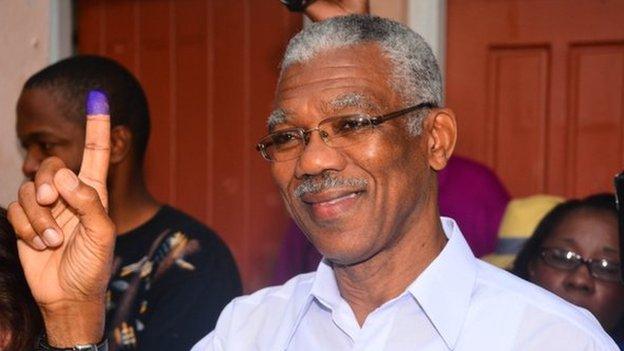Guyana votes amid high hopes over oil discoveries
- Published
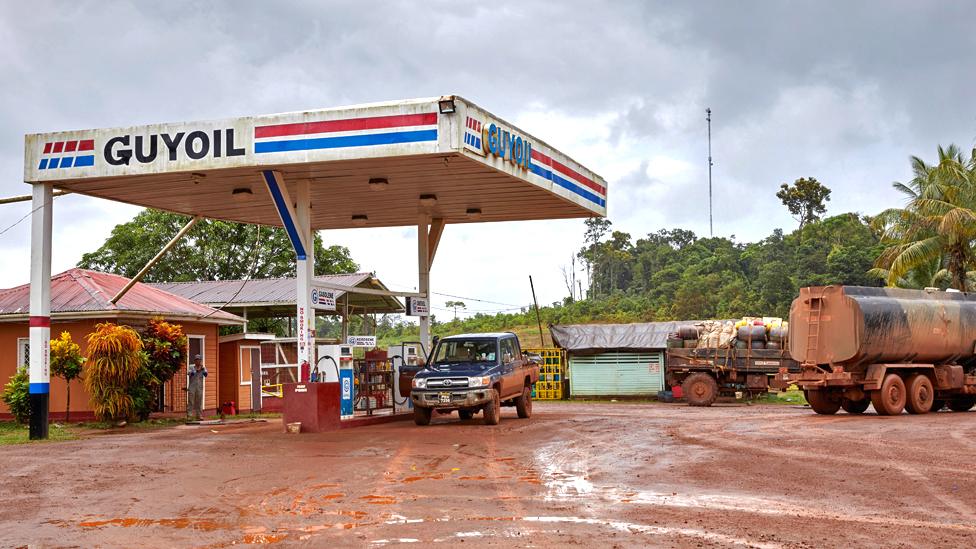
Voters in Guyana are going to the polls in a general election amid hopes that the discovery of huge new oil reserves could transform the South America nation, one of the region's poorest.
A new 65-member National Assembly will be elected for a five-year term, and the leader of the largest coalition or party becomes the country's president.
Incumbent President David Granger faces rival Irfaan Ali for the top post.
The economy is predicted to grow 85.6% in 2020, up from 4.4% in 2019.
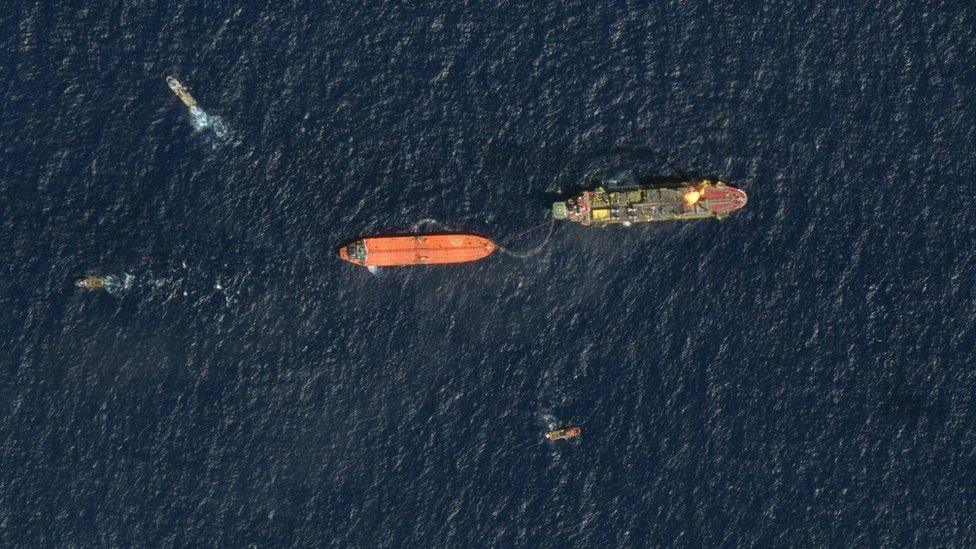
A satellite image shows Guyana's first-ever crude loadings last month

Guyana at a glance

A former British colony, it gained independence in 1966
It is the only English-speaking country in South America
Estimated population of 780,000
Most of the country is covered in tropical rainforest and the economy is based largely on agriculture and extractive industries like bauxite, gold and timber
Despite recent economic growth, it struggles with a shortage of skilled labour and poor infrastructure
Sources: BBC Monitoring, CIA, International Monetary Fund
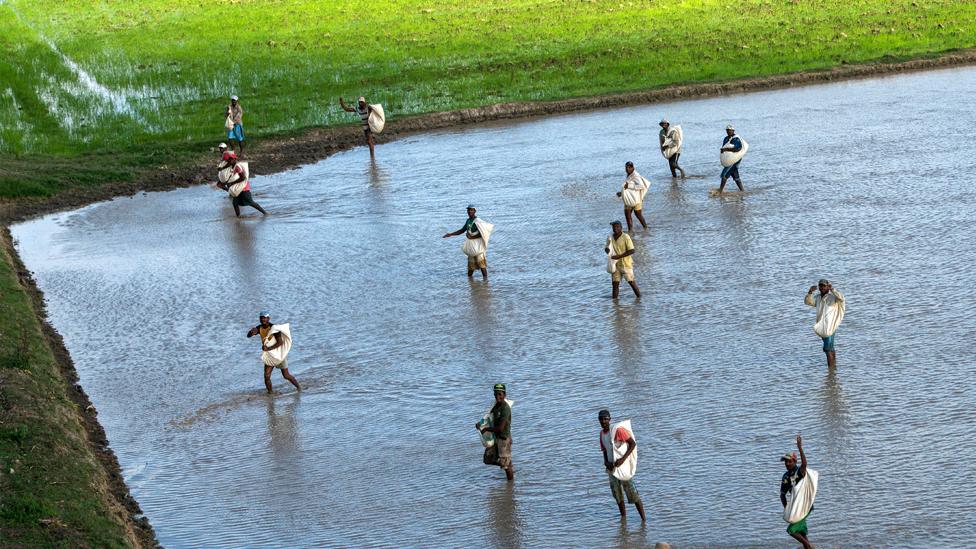
Rice production in Guyana

Riches to come?
The election campaign has been dominated by plans on how to use the windfall from oil finds which could put Guyana among the top 10 oil producers in the world.
Production in the offshore oil fields - estimated to contain at least eight billion barrels - started last year.
Analysts question whether the country will be able to use the new riches to spark much-needed development, avoiding the so-called "oil curse" of economic mismanagement and corruption seen in other oil rich nations with weak institutions.
The government said it expected up to $300m (£230m) in oil revenues this year, a huge figure for its 780,000 inhabitants.
Who are the main candidates?
David Granger, People's National Congress - Reform (PNCR)
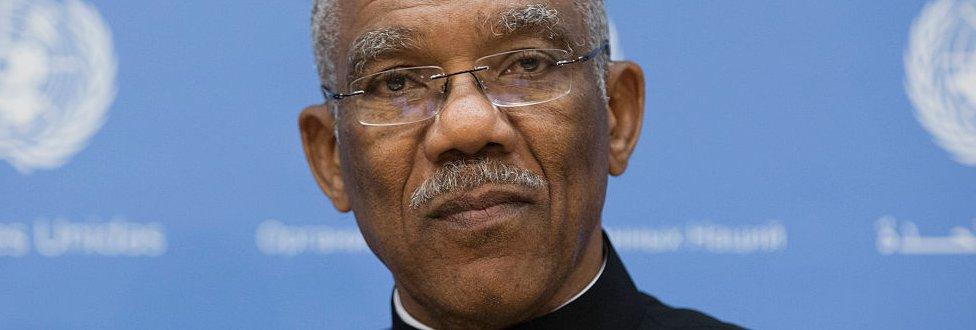
PDavid Granger, a retired army general, came to power in 2015, ending 23 years of rule by the People's Progressive Party.
Politics have been largely divided along ethnic lines with the Afro-Guyanese community mainly supporting President Granger and the Indo-Guyanese community - the descendants of Indian indentured labourers - backing the People's Progressive Party.
Mr Granger pledged to tackle corruption, nepotism and the waste of resources, but was hampered by his coalition's slender parliamentary majority.
In 2018, he lost a no-confidence vote which meant that new elections were ordered to be held within 90 days.
In February 2019, the electoral commission said it was unable to organise elections by March of that year and so the vote is only being held now.
Mr Granger's coalition says that if elected, it will distribute some of the oil wealth directly to citizens through cash transfers "for the purchase of essential items". It has also promised "conditional cash transfers" for single parents, public transit and elder care, among other items.

Irfaan Ali, People's Progressive Party
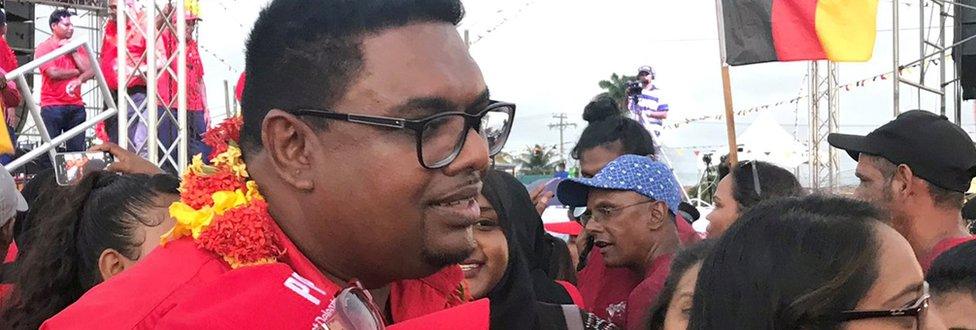
The 39-year-old former housing minister has for the past 14 years been a member of the National Assembly.
His party has in the past been critical of the deal President Granger has struck with US oil company Exxon Mobil - the main foreign firm exploring the fields off Guyana's coast - calling it "too generous" for Exxon. It has pledged to "immediately engage the oil and gas companies in better contract administration/re-negotiation" if it is elected.
But in recent weeks, Mr Ali struck a more conciliatory note, praising Exxon for its "pioneering investment" in Guyana.
His party has supported "targeted cash transfers" geared towards the elderly, children and the poor, and the use of revenues to improve health care, reduce taxes, and save for future generations, according to Reuters.
Related topics
- Published9 May 2019
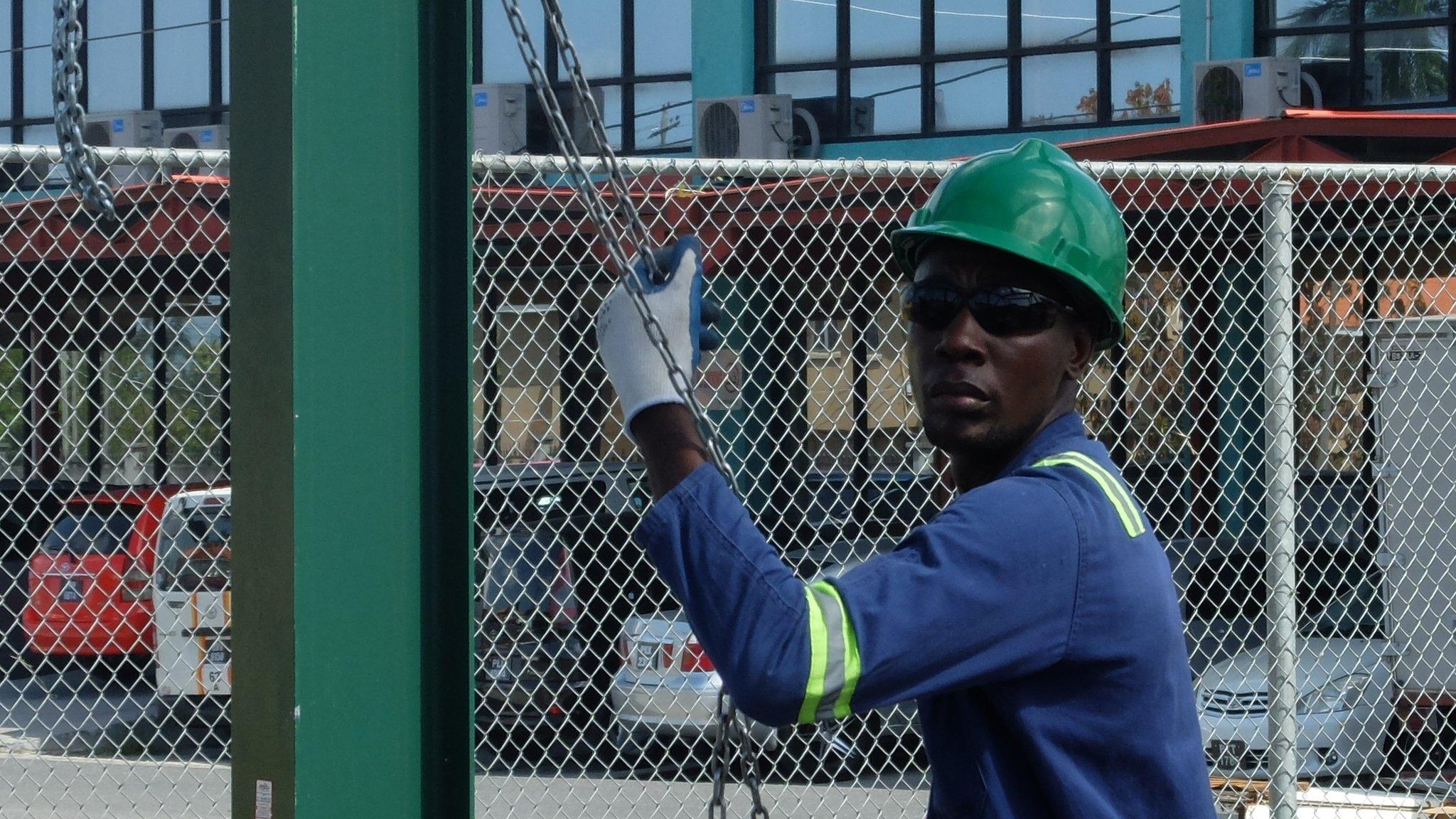
- Published28 December 2017
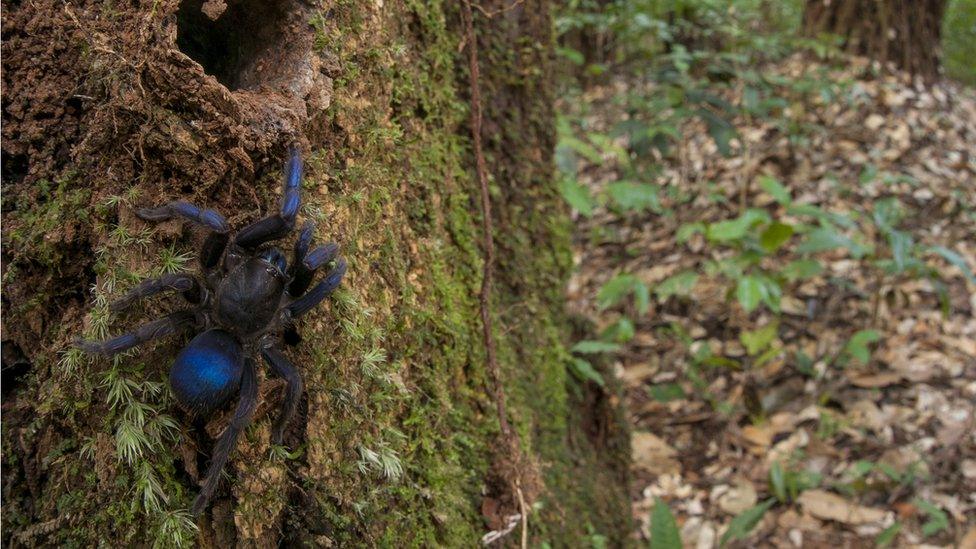
- Published19 March 2017
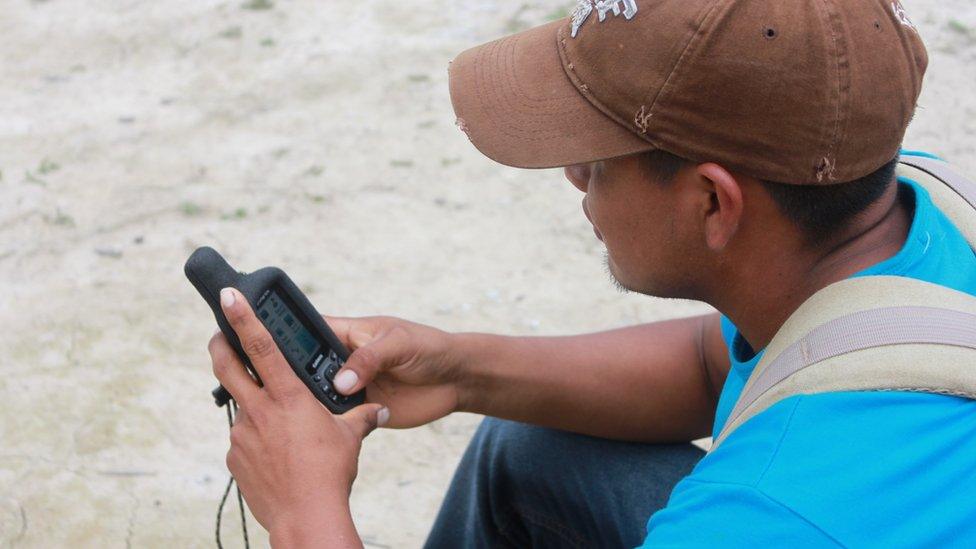
- Published15 May 2015
